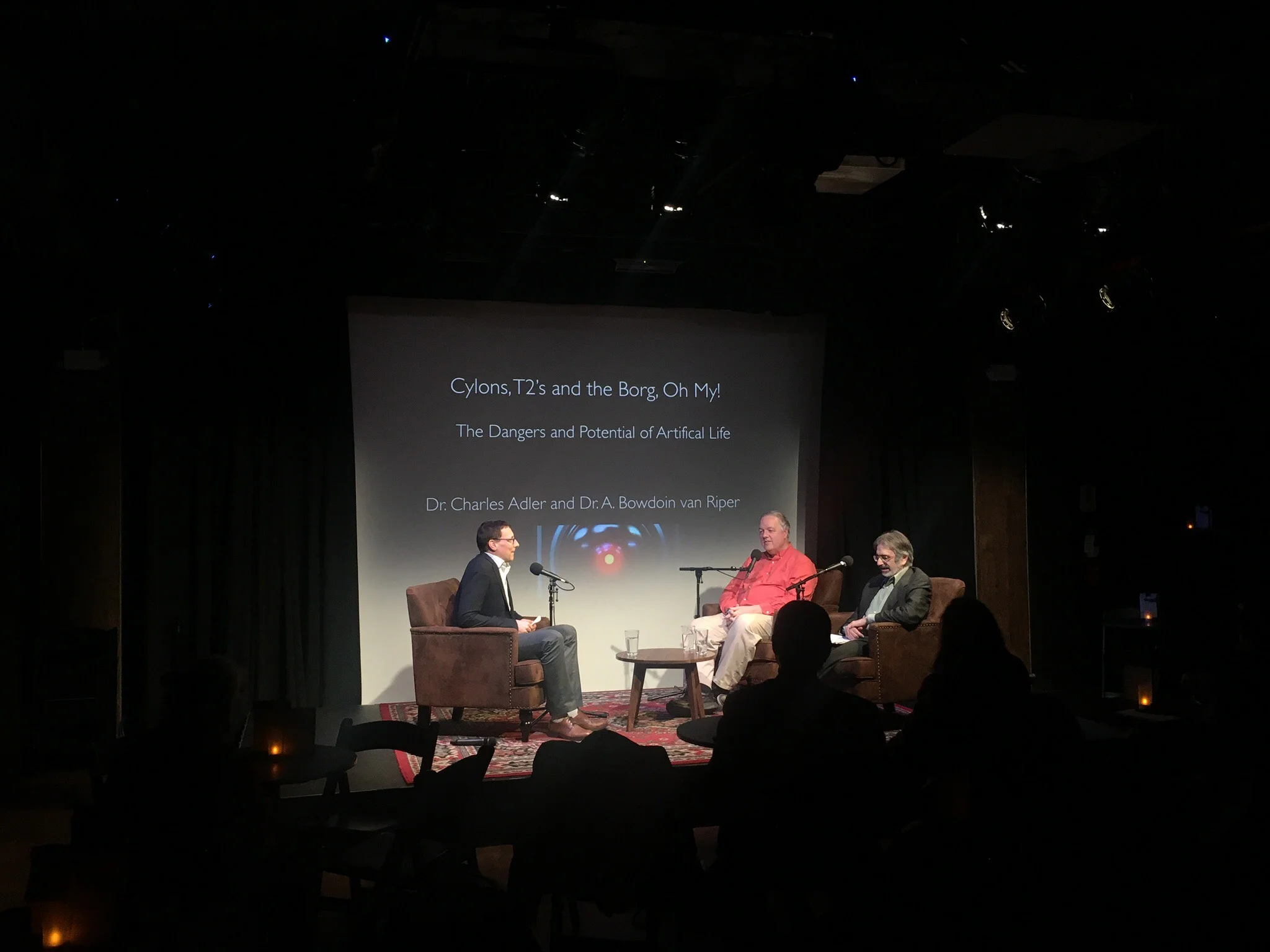Nature of meaning has historically been planted in the field of philosophy, with good reason: up until couple decades ago, science limped behind philosophy in understanding matters of the mind. It wasn’t until advances in neuroimaging technology reached the functional stage, allowing for visually arresting images of our brains while we think and do and idle, that we started harvesting scientific evidence for some of the most complex theories about the way our brain works, about the how we come to perceive the world, acquire knowledge, and communicate with one another. Hayden Kee, a PhD candidate at Fordham University, wonders: can we turn to the science of language to help us get to a theory of meaning?
YHouse Blog: Awareness Research, the Nature of Cognition and the Future of Intelligence
By YHouse
Lucid Living: Theory and Experiment in Science and Philosophy
By Piet Hut
Viewing entries in
YHouse Blog
YHouse is looking for a part-time Event Coordinator. Read more and apply to join our rapidly-growing team!
“Blessed are the forgetful: for they get the better even of their blunders”—Friedrich Nietzsche wrote in his philosophical work, Beyond Good and Evil. Nietzsche gave an aphorism, but not the method by which you and I might be bestowed such blessings. How exactly, then, do we forget blunders, trauma, and stress? How do we forget the memories that wrest from us our sense of well-being and happiness; the memories which pool as an unfortunate wellspring of such mental conditions like Posttraumatic Stress Disorder (PTSD)?
Large enough to host a crowd up to 120 people, but intimate enough to feel like you should bring your grandfather for a scotch to discuss the state of the world, Caveat forms the perfect stage for a YHouse event. With its wood-panelled walls, easy leather armchairs in the corner, a Persian carpet on the stage, and a drink in your hand, you’re going on a comfortable night out whilst feeding yourself on new knowledge and insights.
Last Monday, I visited one of the recurring events on artificial life for the first time, called “Cylons and T2s and the Borg—Oh My!: The Dangers and Potential of Artificial Life.” Physicist Dr. Charles Adler and historian Dr. A Bowdoin van Riper were invited to tackle ideas from science fiction, world culture, science, and philosophy, as well as to pose answers to a variety of questions from the audience. The event was moderated by YHouse’s deputy creative director Sean Sakamoto.
In the history of science, philosophy has always seemed to be detached from the rest of natural science. Yet phenomenology offers a unique perspective of understanding our experience and life, and this workshop aimed to find ways to bridge the gap between the scientific attitude and the phenomenological attitude.
YHouse is growing fast and we need your help. We're currently recruiting volunteers for a variety of positions, including, but not limited to: graphic design, event staff, promotions, and blogging. If you're interested in lending a hand or would like more information, please contact our Volunteer Coordinator: Benjamin@Yhousenyc.org. Thanks!
Eiko Ikegami (YHouse Co-founder and the Walter A. Eberstadt Professor of Sociology and History at the New School for Social Research in New York City) interacted with adults with ASD in Second Life—a virtual space where they can express themselves without the real-world threat of sensory overload, a common affliction for people with the disorder. Ikegami will discuss her work at the SXSW Interactive XPrize Futurecasting Workshop in Austin, Texas on Sunday, March 11th from 11:00am–12:30pm.
Read more here: "Sociologist Eiko Ikegami Researches Adults with Autism Spectrum Disorder in the Virtual World of Second Life"
A video of our most recent Chasing Consciousness event is now available on our YouTube channel: Imagination in Science and Art
The event featured the following speakers, each of whom spoke of their experience with the topic at hand before engaging in a brief on-stage dialog, which was followed by an extensive conversation with the audience.
Robbert Dijkgraaf, Director and Leon Levy Professor of the Institute for Advanced Study since 2012, is a mathematical physicist who has made significant contributions to string theory and the advancement of science education. He is President of the InterAcademy Partnership, a past President of the Royal Netherlands Academy of Arts and Sciences, and a distinguished public policy adviser and advocate for science and the arts. For his contributions to science, he has received the Spinoza Prize, the highest scientific award in the Netherlands, and has been named a Knight of the Order of the Netherlands Lion. He is a member of the American Academy of Arts and Sciences and the American Philosophical Society. He is also a trained artist, writer, and popular lecturer.
Pia de Jong is an award-winning Dutch writer who moved with her family to Princeton in 2012. Her most recent book is Saving Charlotte: A Mother and the Power of Intuition. "Simply a beautiful book, impossible to put down, clear as a jewel and flawless in its depths"—Richard Preston. Pia writes a weekly column in the Dutch newspaper NRC Handelsblad about her life in the USA. She is a regular contributor to The Washington Post.
Dr. Eiko Ikegami, YHouse Co-founder and the Walter A. Eberstadt Professor of Sociology and History at the New School for Social Research in New York City, appeared in an English-language interview with Japan's NHK WORLD TV on January 17, 2018 to discuss her research on virtual worlds and autism.
Workshop name: "Naturalizing Phenomenology": Is this the way to proceed?
Date: November 10-11, 2017
Place: Hunter College (first day) and WeWork Park South (second day)
Organizer: Yuko Ishihara (Tokyo Institute of Technology / Institute for Advanced Study / YHouse)
How can phenomenology contribute to the study of consciousness today? This is the underlying question of the YHouse Phenomenology Group, a group of philosophers and scientists interested in exploring the potentials of phenomenology. Here “phenomenology” designates the philosophical enterprise initiated by Edmund Husserl in the beginning of the twentieth century. According to Husserl and many other phenomenologists, phenomenology is a scientific discipline which studies the nature of consciousness. If this is true, then how does it differ from other scientific studies of consciousness such as psychology, cognitive science and neuroscience? Furthermore, if phenomenology is to collaborate with the other sciences, how should we understand the nature of this collaboration?
YHouse is looking for a part-time Volunteer Coordinator. Read more and apply to join our rapidly-growing team!
YHouse is looking for a part-time Digital Communications Manager. Read more and apply to join our rapidly-growing team!
Rather little is known about the lives of adult autistic people, and even less about the way they interact with one another. For this reason, I chose to study communities of people on the spectrum inside the virtual world of Second Life.
By Eiko Ikegami
On Thursdays at noon Yhouse holds a lunch meeting at the Institute of Advanced Study, in Princeton. The format is a 15 minute informal talk by a speaker followed by a longer open-ended discussion among the participants, triggered by, but not necessarily confined to, the topic of the talk. Michael Solomon posts a synopsis of the weekly meeting.
YHouse Lunch Talk IAS Speaker: John Horgan, Director, Center for Science Writings, Stevens Institute of Technology
Title: The Mind-Body Problem and Scientific Regress
On Thursdays at noon Yhouse holds a lunch meeting at the Institute of Advanced Study, in Princeton. The format is a 15 minute informal talk by a speaker followed by a longer open-ended discussion among the participants, triggered by, but not necessarily confined to, the topic of the talk.
Here is a summary by Michael Solomon about his talk last week at the YHouse-IAS Cognition Lunch Salon.
Caleb Scharf of YHouse has some fascinating ideas about how AI can show humans new ways to think about the natural world. Read “Why I Love AI” on Scientific American.
Eiko Ikegami presented “Avatars on the Spectrum: Rashomon and Mysteries of Autistic Experiences”
Please join us in watching this video of Yuko Ishihara's live presentation,“Awakened Realism: Insights from Japanese Philosophy”, moderated by YHouse's Christopher Stawski in the Rubin Museum's Art Lounge this past December.




















